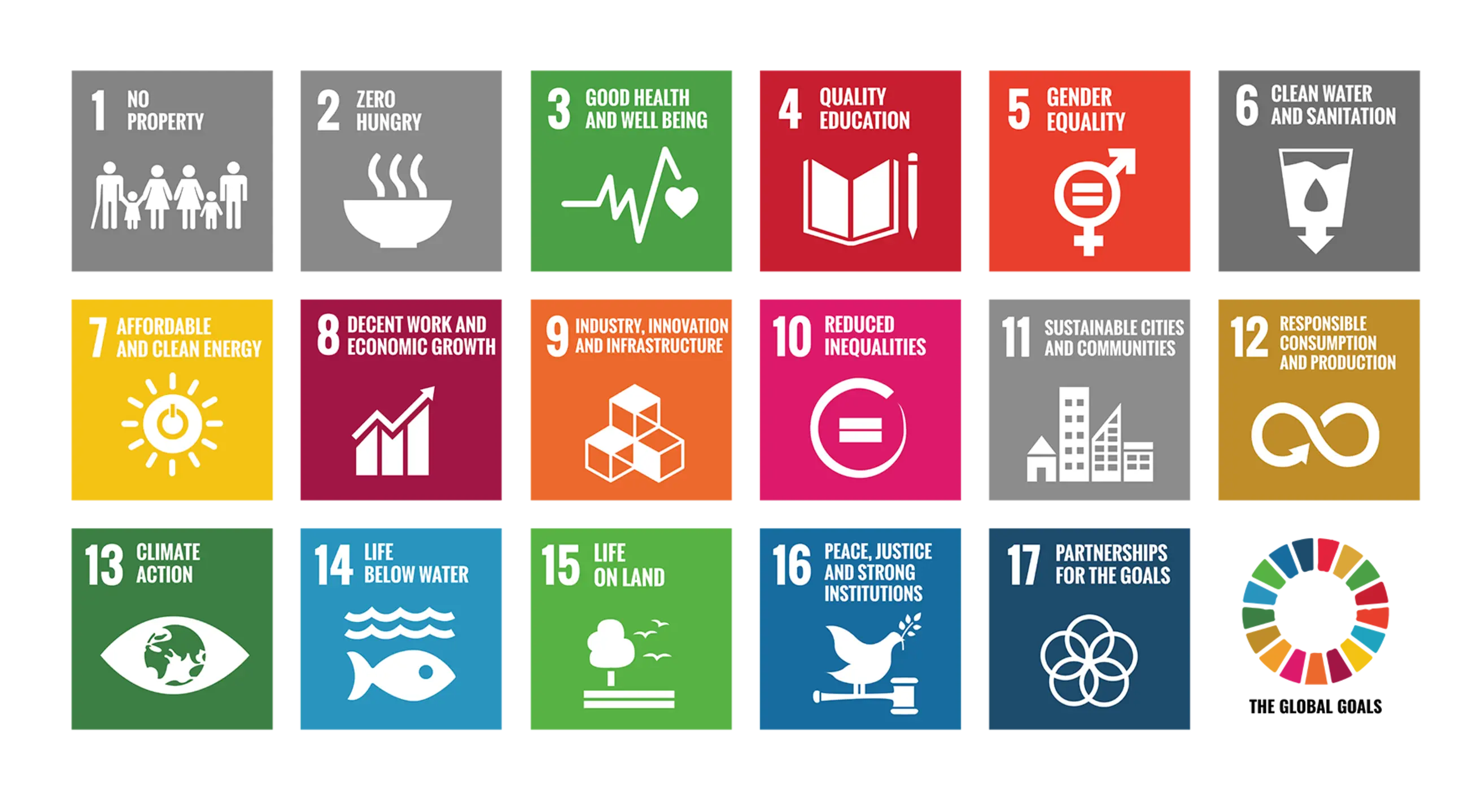
We consolidate the Plansee Group's sustainability efforts, align our actions with our strategic goals and develop action plans and KPIs.
Anne Schaumkessel, HR Reporting & Christian Lücking, Accounting
Organizing Sustainability
The Plansee Group is committed to achieving its sustainability targets, focusing on decarbonization and other environmental, social and governance topics.
Our sustainability program focuses on executing its greenhouse gas reduction plan, which aims to decarbonize its own activities (scope 1 and 2) and supply chain (scope 3). In addition, further targets have been set in the areas of environment, people and governance.

Initiatives & Labels
- Member of the United Nations Global Compact (UNGC). Endorsement and implementation of the ten universal principles of the UNGC.
- Certification in accordance with the Responsible Minerals Assurance Process Standard for tungsten by the Responsible Minerals Initiative (RMI). Compliance with all US and European regulations on responsible tungsten sourcing.
- Member of the Refractory Metals Association (RMA).
- Member of the Tungsten Industry Conflict Minerals Council (TiCMC).
- Tantalum and tungsten due diligence procurement processes audited to comply with EU Conflict Minerals Regulation 2017/821. Plansee cooperates with RCS Global, CERATIZIT with Quality Austria.
- Plansee is a member of the International Molybdenum Association (IMOA).
- Plansee is a member of the Tantalum-Niobium International Study Center (T.I.C.).
- Member of the International Tungsten Industry Association (ITIA).
- Assessment by the Responsible Business Alliance (RBA), the world's largest industry coalition for a responsible supply chain.
The current sustainability ratings (CDP & EcoVadis) for our Plansee HPM and CERATIZIT business areas can be found on their websites and in our latest sustainability report.
Double Materiality Analysis (DMA)
Our Double Materiality Analysis (DMA), launched in 2025 and based on the materiality analysis in 2021, helps align key sustainability efforts with both financial and impact considerations. It identified four material topics that reflect our ongoing focus areas and guide actions that create long-term stakeholder value.
- Climate Change
- Circular Economy
- Workers in the Value Chain
- Own Workforce
Following the initial materiality analysis conducted in 2021, we had already defined four key areas for action: reducing carbon emissions, enhancing circularity, managing suppliers and further developing the company as an attractive employer. These align with the four material topics identified in the current DMA.
UN Sustainable Development Goals (SDGs) we actively support






